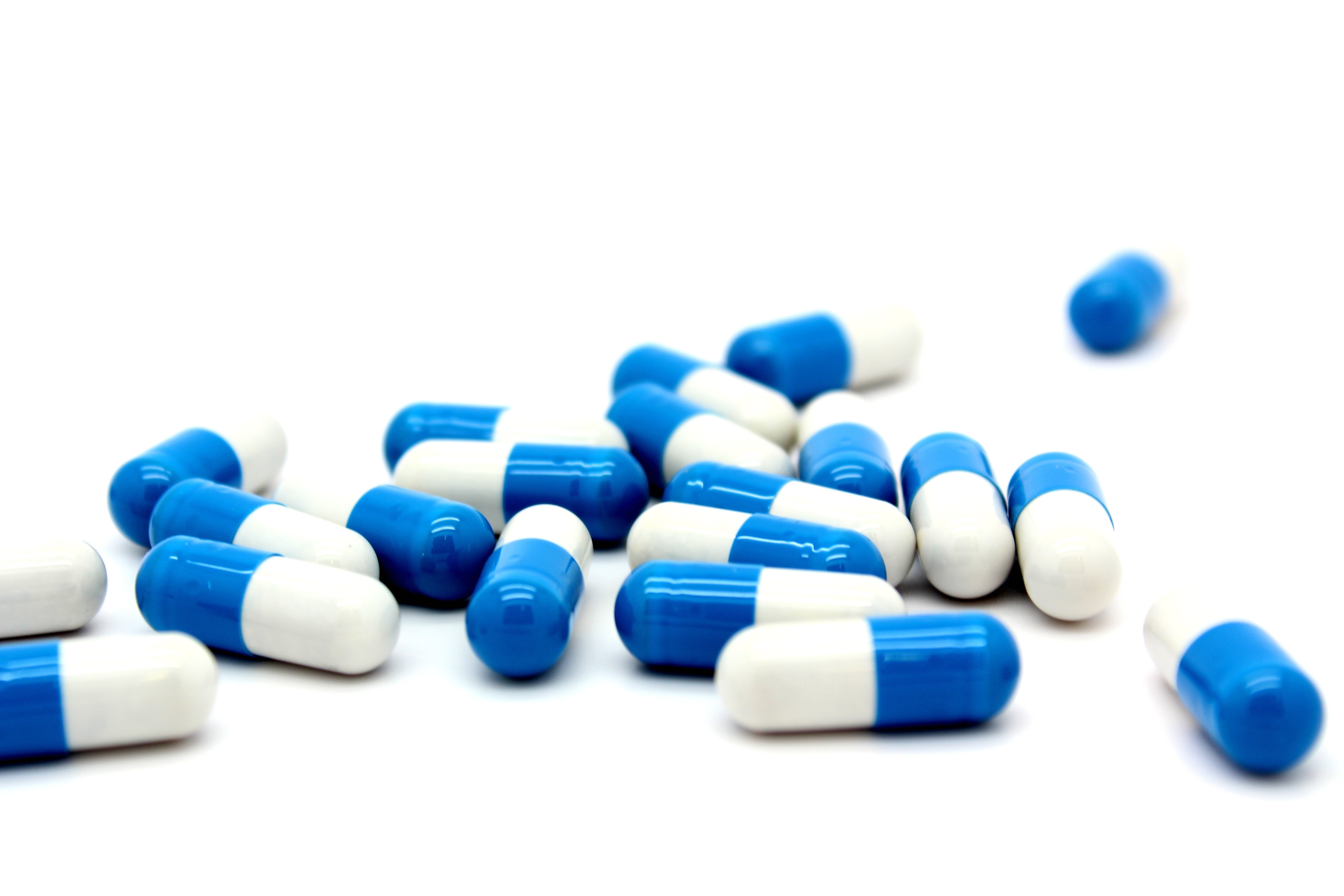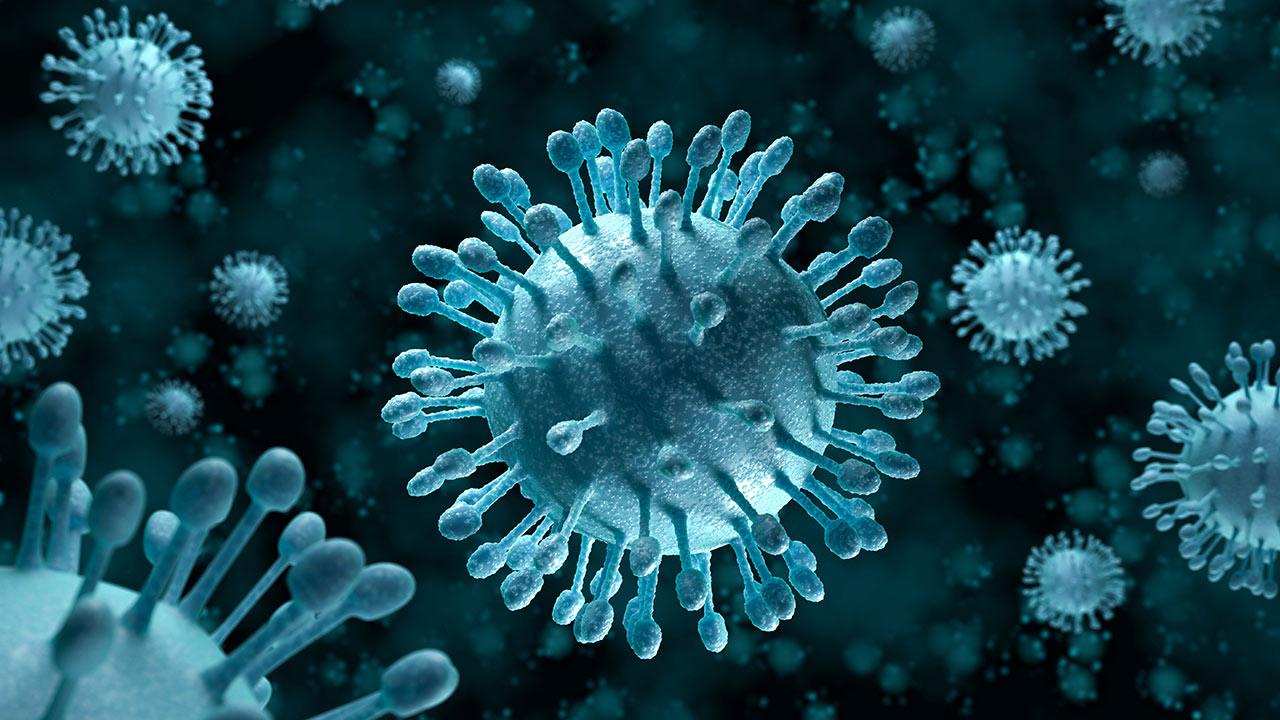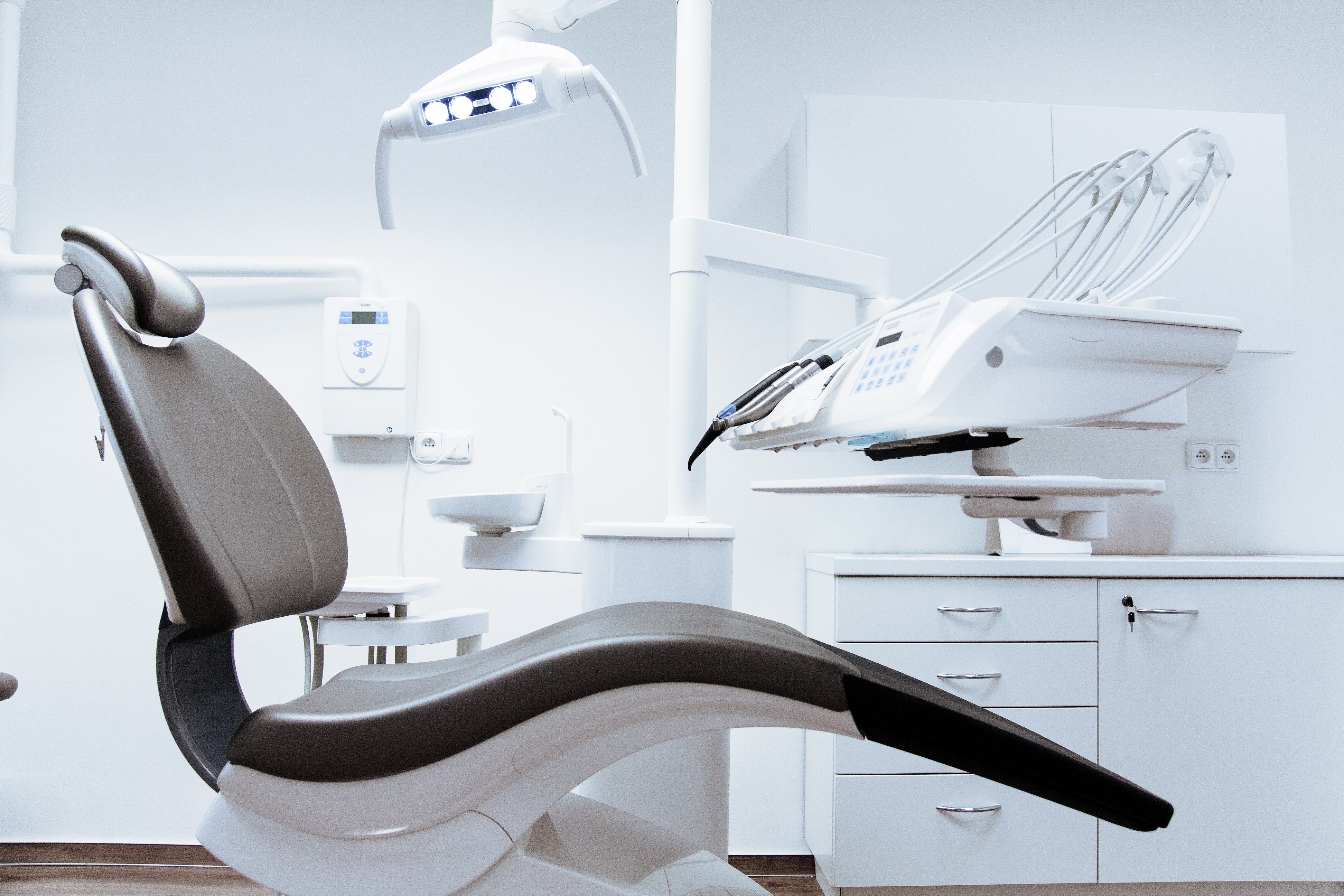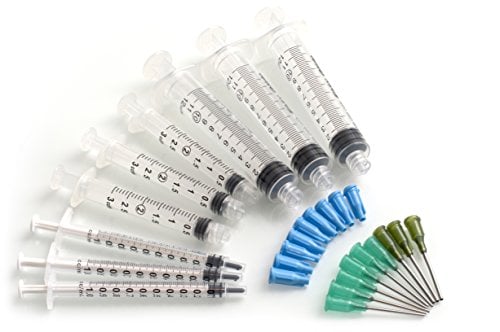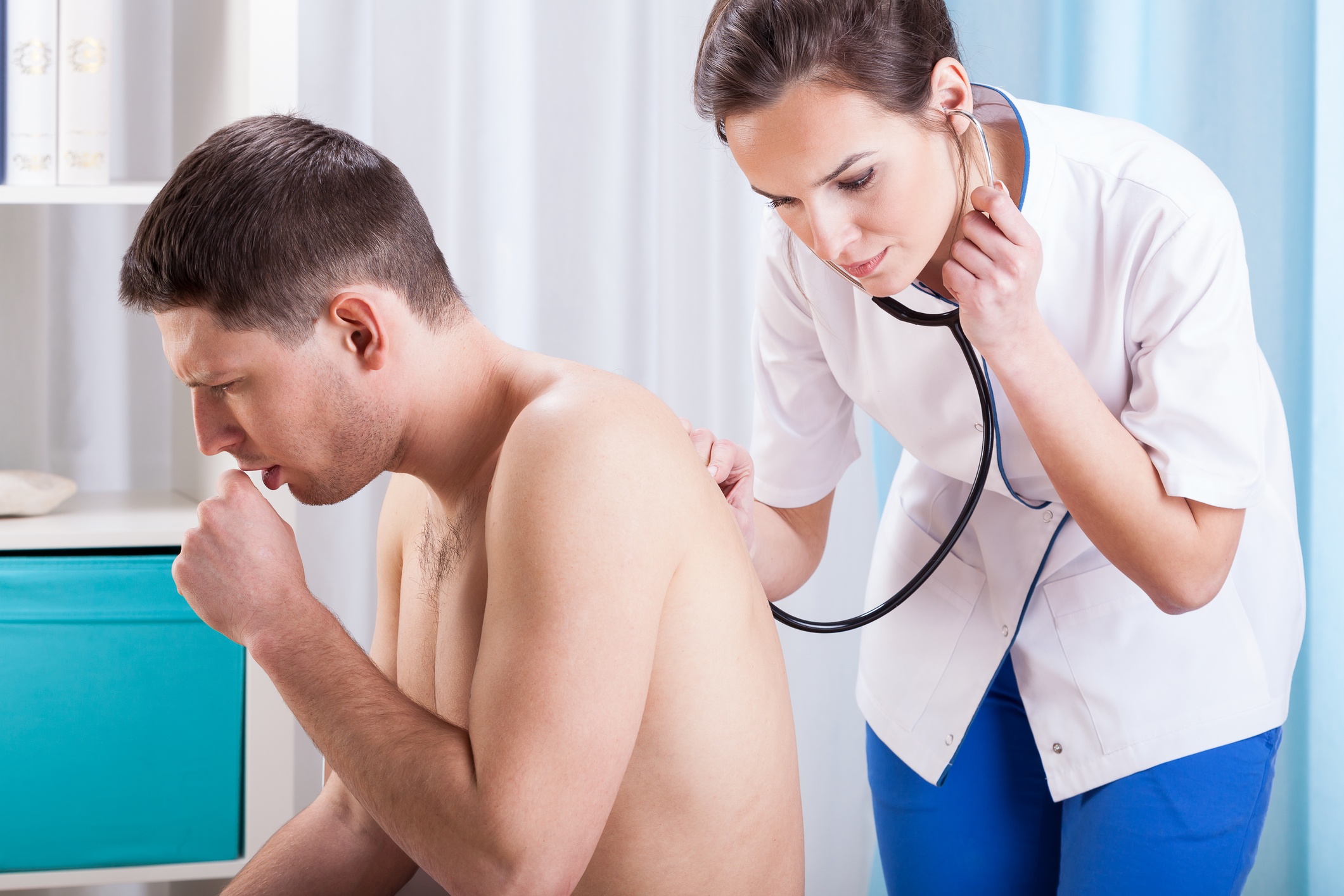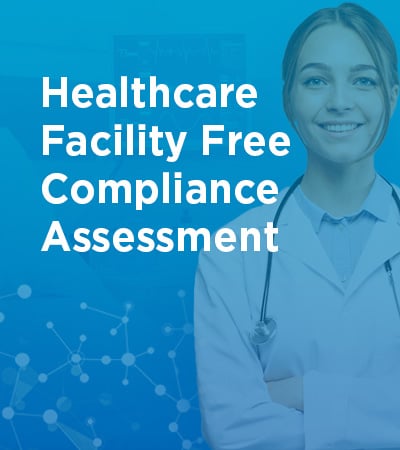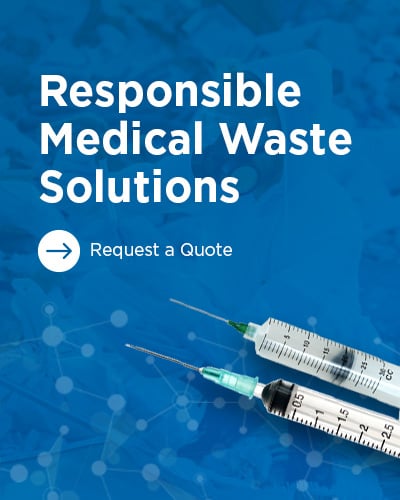Shop For Disposal Options Medical waste is generated daily by thousands of facilities across the United States. The World Health Organization (WHO) states that, “Of the total amount of waste generated by health-care activities, about 85% is general, non-hazardous waste comparable to domestic waste. The remaining 15% is considered hazardous material that may be infectious, chemical or radioactive.” (1) Regardless of label, all ...
There are four main categories of medical waste in a dental office: sharps, infectious, hazardous, and non-hazardous. Learn about each here. As a waste management and compliance company we often get asked by dentists “What are the different types of waste I am required to dispose of and show documentation for?” There are four main types of dental waste, and each comes with its own standard for proper disposal. In this post we ...
Wanaque Center For Nursing & Rehabilitation (Google Maps) In light of the recent viral outbreak at the Wanaque Center for Nursing and Rehabilitation in Haskell, New Jersey, proper infection control practices are once more being brought to the forefront of media attention. As of this post, the lives of seven children in the facility have already been claimed by this outbreak, forcing the center to shut its doors to any new ...
PureWay has started working with many different end users that include patients who self-inject at home, healthcare facilities, nursing facilities and more. It is very important to make sure that sharps are properly secured in a OSHA approved sharps container to avoid needle sticks. For many individuals, interaction with sharps is an everyday occurrence. Sharps are classified as any device or object used to puncture or ...
For over a century, when encountering tooth decay, dentists have turned to amalgam putty as a solution. Dental amalgam is considered a safe and effective method for providing relief to the patient and preserving healthy tooth structure. However, since amalgam does contain a high percentage of elemental mercury, there are stringent regulations in place concerning its formation, use, and disposal. In this post we are going to ...
For over 150 years and for millions of patients, dentists have been using dental amalgam to fill cavities in teeth. What is dental amalgam? The FDA defines it as: “A mixture of metals, consisting of liquid (elemental) mercury and a powdered alloy composed of silver, tin, and copper. Approximately 50% of dental amalgam is elemental mercury by weight. The chemical properties of elemental mercury allow it to react with and bind ...
Sharps Safety 101 Although most associate the term “sharps” with needles and syringes, any medical device that is sharp and can cut or puncture skin falls under this umbrella and needs to be disposed of as such. Along with needles and syringes, lancets (also called a “finger stick”, commonly used for diabetes treatment), infusion sticks, auto injectors and connection needles classify as “sharps”. In 2011, the Coalition for ...
The Surface Disinfectant that Protects without Harmful Effects Germs are everywhere. A recent survey reported that up to 60% of travelers have bacteria on their fingers, and with patients touching surfaces in dentist and doctors’ offices daily, it’s no wonder that these locations are breeding grounds for germs. It’s also why it’s incredibly important for doctors, dentists and anyone that encounters patients to disinfect ...
One hundred years ago, a pandemic swept across the globe, killing 675,000 Americans and over 50 million people worldwide. The culprit? Influenza—more commonly known as the flu. Since 1918, technology has advanced and the CDC has helped Americans become more aware and prepared for flu season. The flu is a contagious respiratory illness that’s caused by the influenza virus and infects the nose, throat, and sometimes the lungs. ...
Although pain relievers are prescribed to alleviate pain, some individuals find them to be the source of all their troubles—even the source of their death. According to the U.S. Department of Health and Human Services (HHS), 116 Americans die from opioid-related drug overdoses each day. The Centers for Disease Control and Prevention (CDC) recently reported that opioid overdose deaths have increased over 30% in the last year, ...
Category
- sharps disposal (33)
- Medical Waste (32)
- sharps container disposal (29)
- Compliance (23)
- sharps mail back (23)
- Pharmaceutical Waste Disposal (15)
- Safety (14)
- Infection Control (13)
- Dental Practice (12)
- biohazardous waste disposal (11)
- OSHA (9)
- patient support programs (9)
- Hazardous Waste (8)
- amalgam disposal (8)
- #GLP1 (7)
- Universal Waste (7)
- Hazardous Waste Disposal (6)
- News (6)
- amalgam separators (6)
- vet sharps disposal (6)
- amalgam recycling (5)
- dental clinical waste disposal (5)
- Amalgam (4)
- ECOII Amalgam Separator (4)
- OSHA Training (4)
- News & Regulations (3)
- medication disposal (3)
- surface disinfectant (3)
- veterinary medical waste (3)
- HIPAA (2)
- flu vaccine (2)
- influenze (2)
- BioSURF (1)
- HIPAA Compliance (1)
- HIPAA Law (1)
- HIPAA Violation (1)
- RP Returns (1)
- improving patient experience (1)
- quart containers (1)
- sharps disposal for veterinarians (1)



